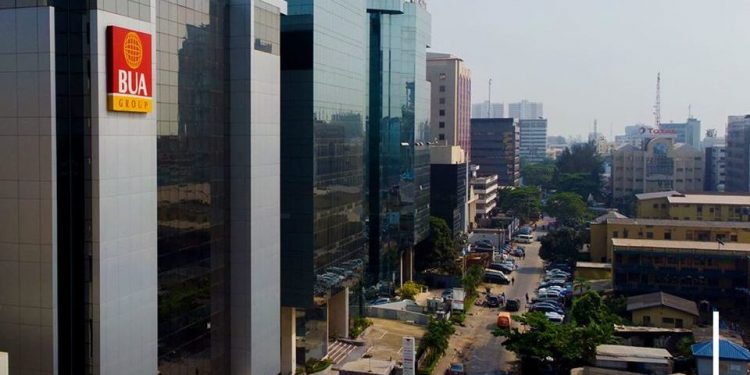BUA Cement published 9M-21 unaudited financials Tuesday reporting a profit after tax {PAT} growth of 23.2% y/y to NGN65.91 billion while earning per share (EPS) printed NGN1.95 (+23.2% y/y). The growth in EPS was due to the strong topline growth (+19.4% y/y) and moderation in net finance cost (-63.5% y/y), both of which outweighed the increases in cost of sales (+17.3% y/y) and operating expenses (+31.4% y/y).
Revenue grew by 13.3% y/y in Q3-21 (9M-21: +19.4% y/y). Although management is yet to provide details behind the double-digit growth in revenue, it is assumed that sustained private sector demand combined with the upward adjustment in cement prices, implemented at the start of the year, supported the topline performance of the company.
Earnings were also lifted by the steep deceleration in net finance cost (-81.7% y/y in Q3-21), following the decline in interest expense (-80.5% y/y) even as finance income moderated (-69.5% y/y in Q3-21). The decline in interest expense is traceable to gains from refinancing expensive debts in the prior year given the low yield environment.
Overall, PBT (profit before tax) grew by 22.8% y/y in Q3-21 with related PBT margin improving by 3.1ppts to 39.8%. Consequent to the jump in tax expense (NGN2.43 billion in Q3-21 vs NGN1.57 billion in Q3-20), PAT grew slower by 20.1% y/y to NGN22.51 billion.
Financial Experts at Cordros Capital say the Company’s performance are expected to improve as private sector demand for cement remail healthy in the last quarter of the year as macroeconomic conditions continue to improve.
”We are impressed with the margins delivered by the company despite energy cost pressures caused by the local currency devaluation amidst high inflationary pressures. In addition, we believe economies of scale associated with the new Kalambiana line II (3MMT) will impact margins positively. We are cautiously optimistic that the improved liquidity conditions in the FX market will also ease supply chain challenges”.















